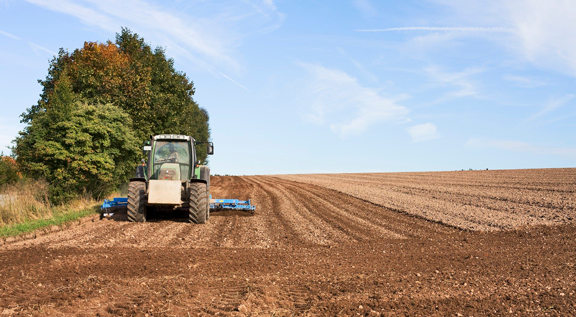
Image: Pixabay
Almost a third of Ukraine's population, or 4.6 million families, live in rural areas. Family farming represents 90% of the country's agricultural units, according to the Food and Agriculture Organization of the United Nations, FAO.
The UN agency warns that the conflict will have a major impact on these families, who contribute 41% of agricultural production in Ukraine. The total represents 38% of all agricultural land.
Vegetables, honey and meat
FAO highlights that family farming plays a central role in food security, both in rural and urban areas. The activity dominates several subsectors: 85% of vegetable production, 83% of fruit and berries production, 99% of honey production and 70% of milk production.
{module Form RD}
The family sector also accounts for almost a third of all national meat production. The UN agency's immediate concern is to ensure that rural families are able to plant potato and vegetable seeds from now until mid-May, so that harvests can be harvested between July and September.
Impact is already being felt in Africa
The FAO highlights, however, that there is “the potential for war to have an impact on planting and harvests, especially if farmers do not have access to agricultural inputs or are unable to feed their animals.
The agency explains that ensuring a local level of production will be crucial to avoiding a food crisis. Furthermore, Ukraine is one of the world's largest suppliers of cereals, sunflower oil and other commodities. Therefore, the scale of the problem will affect the availability of food for other countries.
Earlier this month, FAO created a response plan, seeking US$50 million to help 240,000 people in rural areas, but so far, it has received almost 11% of the amount.
Insecurity
The International Fund for Agricultural Development, IFAD, states that the impacts are already being felt in African countries. In Somalia, electricity and transport costs rose enormously due to the increase in fuel prices, harming small producers who use diesel equipment to irrigate their crops.
In Egypt, wheat and sunflower oil prices also rose, as the country imports 85% of wheat and 73% of oil from Russia and Ukraine.
In Lebanon, IFAD fears that the rise in prices will further worsen a situation already considered “desperate”, as 22% of families face food insecurity and the country imports 80% of wheat from the two parties to the conflict.
Source: DATA












